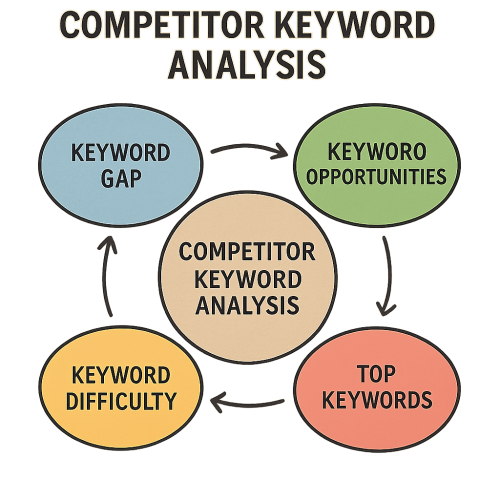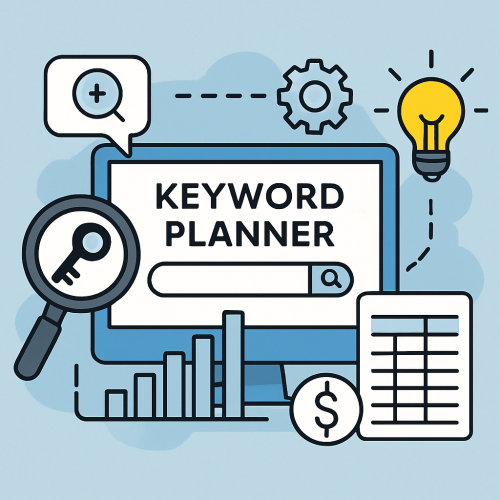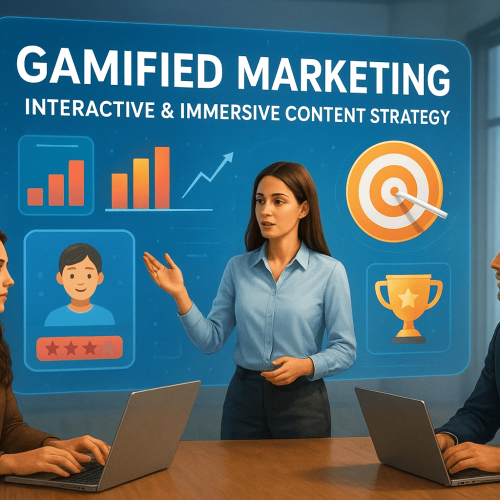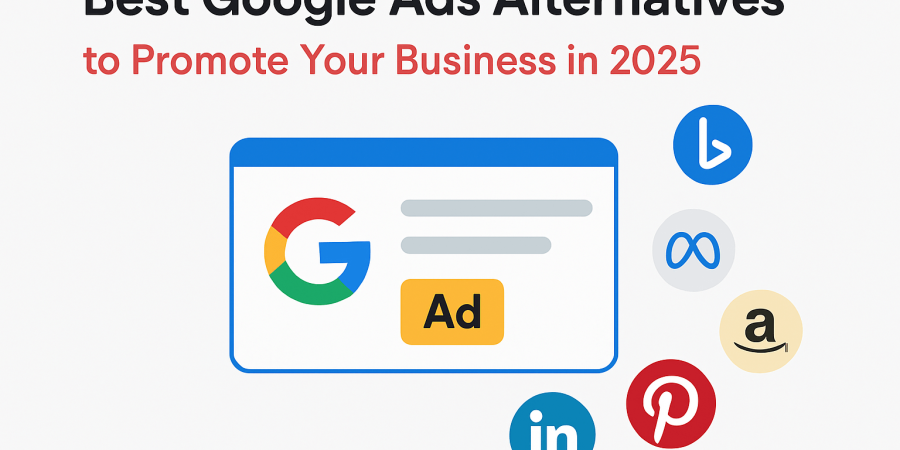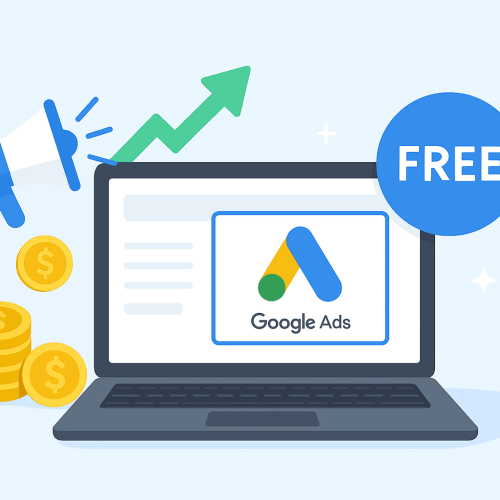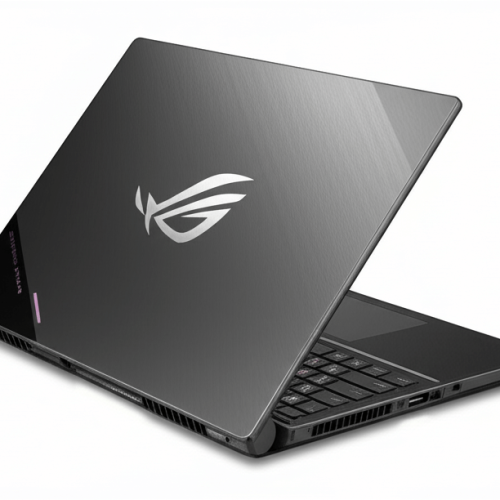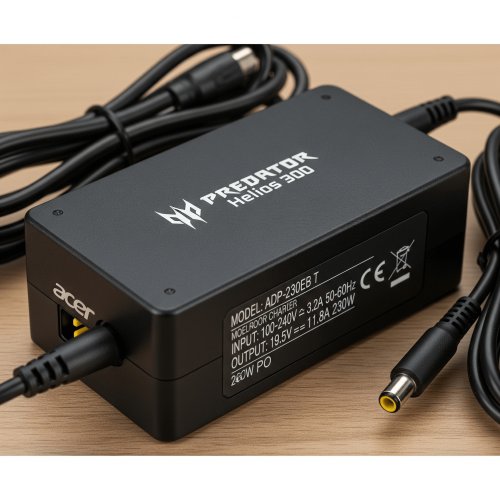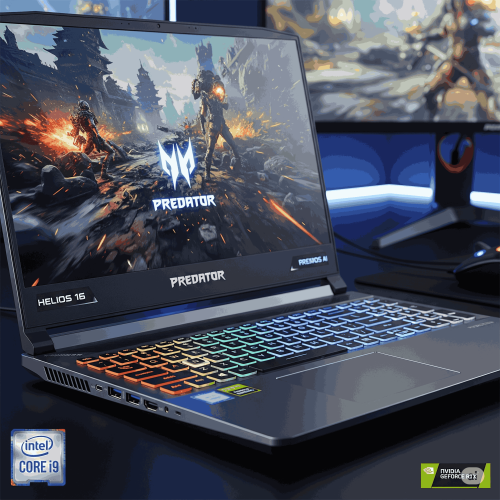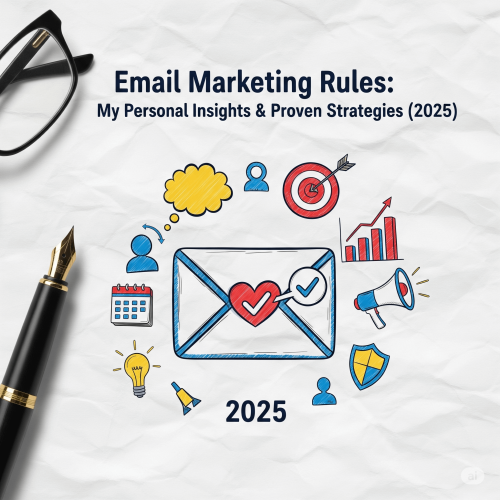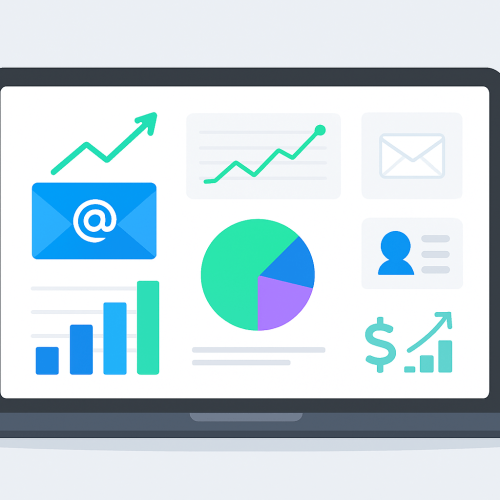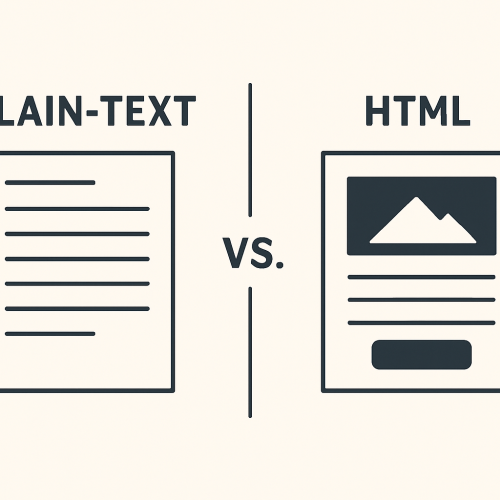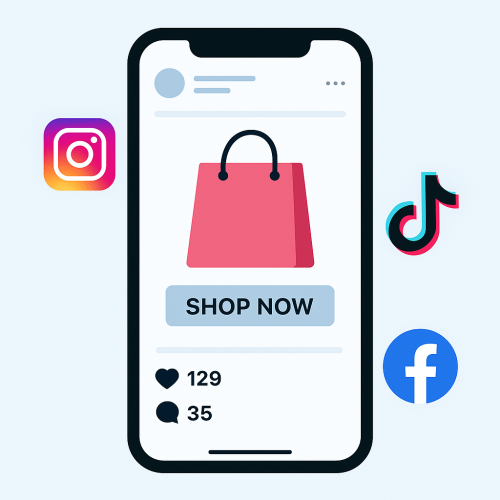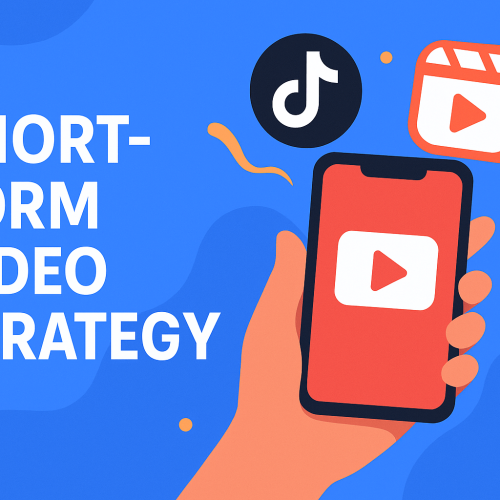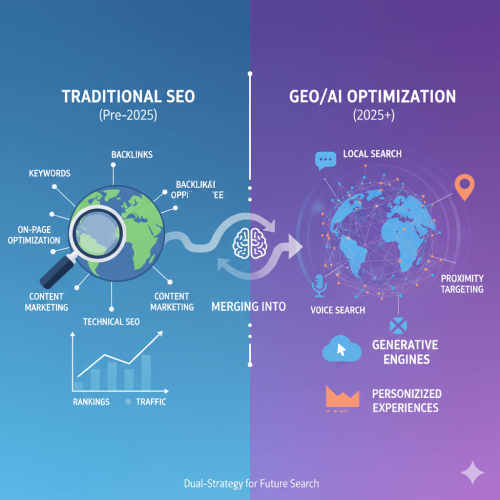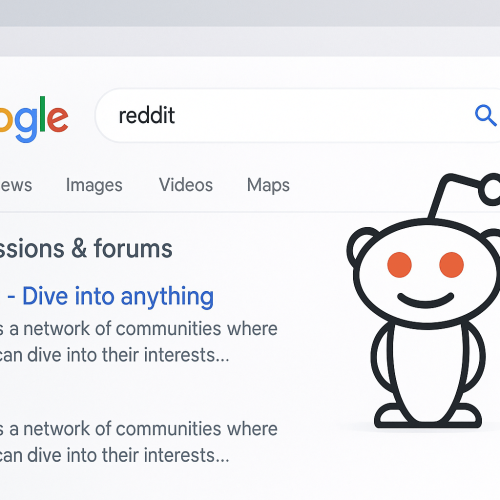Best Google AdWords Alternatives to Promote Your Business in 2025
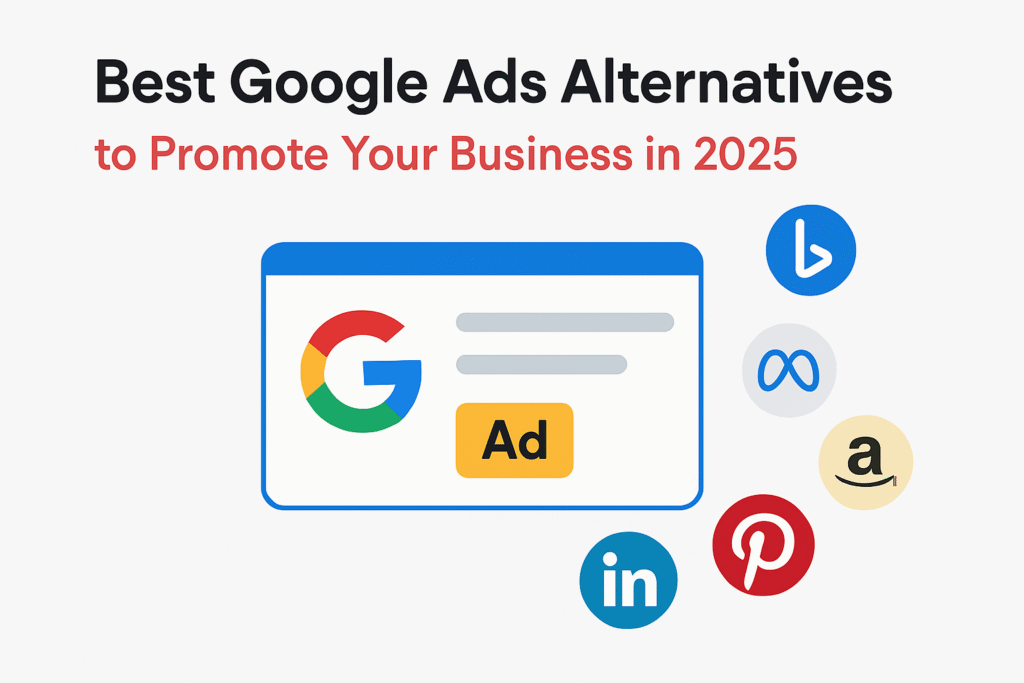
Leading Google AdWords alternatives in 2025 include Microsoft Advertising (Bing Ads), LinkedIn Ads, TikTok Ads, Amazon Ads, Pinterest Ads, Reddit Ads, and Apple Search Ads — each offering unique audience targeting, cost efficiencies, and specialized ad formats beyond Google’s ecosystem.
- Microsoft Advertising : Formerly Bing Ads; includes Yahoo/DuckDuckGo
- LinkedIn Ads : B2B targeting by job title/industry
- TikTok Ads : Gen Z/Millennial engagement
- Amazon Ads : High-purchase-intent shoppers
- Pinterest Ads : Visual discovery → 85% purchase rate
- Reddit Ads : Niche community targeting
- Apple Search Ads : App Store promotion; cost-per-tap
Why Look for an Alternative to Google Ads?
- High Costs: Rising CPCs (up 40% since 2023) squeeze budgets, especially for competitive keywords .
- Audience Gaps: Misses niche audiences (e.g., B2B on LinkedIn, Gen Z on TikTok) .
- Compliance Risks: Increasing privacy regulations limit tracking capabilities .
- Platform Volatility: Algorithm changes and U.S. regulatory scrutiny create uncertainty .
Why is AdWords so expensive?
Adwords is expensive because of,
Auction Competition Overload
- 87% of industries face intensified bidding wars, driving average CPC to $5.26 (up 13% YoY) .
- Legal/finance keywords exceed $137/click due to high customer lifetime value.
Privacy Regulations Crushing Targeting
- Cookie deprecation and iOS tracking limits reduce ad precision, increasing cost-per-lead by 5%+ as targeting efficiency drops
Google’s SERP Monopoly Tactics
- Multiple ads per brand per search page (e.g., 4+ ad slots) artificially inflate competition
- AI Overviews steal clicks from ads, forcing higher bids for visibility
Industry-Specific Hyperinflation
- Beauty/personal care CPCs surged 60%, while legal/services average $70–$131 per lead
| Platform | Is it Better? | Cost | Reach | Targeting |
|---|---|---|---|---|
| Taboola | Better for brand awareness, native content, engaging audiences already consuming content | CPC model: $0.01 minimum bid, typically $0.10-$0.50+ per click. Daily budget: $10-50+ recommended. Generally lower cost per click than Google Ads | 500M+ daily active users across premium publisher network (16% market share). Smaller than Google but highly engaged audience | Behavioral and interest-based targeting using predictive engine. Targets by demographics, location, device, interests. Less granular than Google Ads |
| Google Ads | Better for direct sales, leads, instant results, high-intent search traffic | CPC model: $1-2 average CPC, can reach $50+ in competitive industries. Higher costs due to search intent competition | Largest reach: Google Search, YouTube, Display Network, 25% market share. Massive global user base across search and partner sites | Advanced targeting: keywords, demographics, location, device, behavior, retargeting, custom audiences. Most granular targeting available |
| SEO | Long-term ROI, cost-effective over time, building authority, but slower results than paid ads (6-9 months) | No per-click cost. Initial investment in content, tools, expertise. Lower cost per lead over time (40-60% less than Google Ads) | Potentially very large if you rank highly. Drives sustained organic traffic but takes 6-9 months to build significant reach | Targets user search intent through organic keywords. Less direct control than paid ads but builds long-term authority and trust |
Economic & Algorithm Pressures
- Inflation pushes businesses to overspend on “safe” channels like Google, amplifying bid wars
- Google’s Smart Bidding AI favors big budgets, squeezing SMBs out of top positions
Is it worth spending money on Google Ads?
Based on industry benchmarks and current market dynamics, Google Ads remains worth the investment if strategically aligned with your goals—but requires careful optimization and diversification. Here’s a concise breakdown:
High-Intent Industries
Google Ads delivers strong ROI for sectors like legal services ($131 avg. CPL), healthcare, and finance. Users searching for these services often convert quickly, justifying higher CPCs. The platform excels when targeting urgent, solution-driven queries—making it ideal for businesses where customer lifetime value outweighs ad spend.
Brand Visibility & Immediate Traffic
With 86%+ search market share, Google Ads is unmatched for fast visibility. New brands, product launches, or time-sensitive promotions benefit from instant exposure. However, costs rise in competitive niches—optimize with exact-match keywords and geo-targeting to maximize impact.
ROI-Optimized Campaigns
Smart Bidding and long-tail keywords (30-60% cheaper) improve efficiency. Focus on high-converting terms, negative keywords, and ad relevance to lower costs. Worthwhile only if conversion value exceeds CPC—otherwise, diversify to Microsoft Ads or social platforms.
Low-Margin Industries
Auto repair ($28.50 CPL) and travel struggle with profitability due to rising CPCs. If margins are tight, prioritize alternatives like Microsoft Ads (70% lower CPCs) or organic growth via SEO and email marketing.
Niche Audiences
Platforms like TikTok (Gen Z) and LinkedIn (B2B) outperform Google for specialized demographics. Shift budgets here if your audience engages more on visual or professional networks.
Limited Tracking Capabilities
Privacy laws reduce targeting precision in sensitive sectors (e.g., healthcare). If Google’s AI can’t optimize effectively, explore contextual ads on Pinterest or Reddit for compliant reach.
Why is cost per click so high?
High Google Ads CPCs typically result from intense keyword competition (e.g., legal terms exceeding $100/click), low Quality Scores due to poor ad/landing page relevance, overly broad match types attracting irrelevant clicks, and privacy restrictions reducing targeting efficiency. Lower costs by refining keywords, improving ad relevance, or testing alternatives like Microsoft Ads (70% cheaper CPCs).
Exploring alternatives is a smart strategic move, especially if you’re facing issues with cost or targeting. However, before you divert your entire budget, ensure you’ve truly maximized your potential on the world’s largest advertising platform. ‘Ultimate Guide to Google Ads’ is the definitive playbook for mastering its auction system, leveraging advanced automation, and structuring campaigns to minimize waste and maximize ROI. Ensure you’re not leaving money on the table. Master the platform first
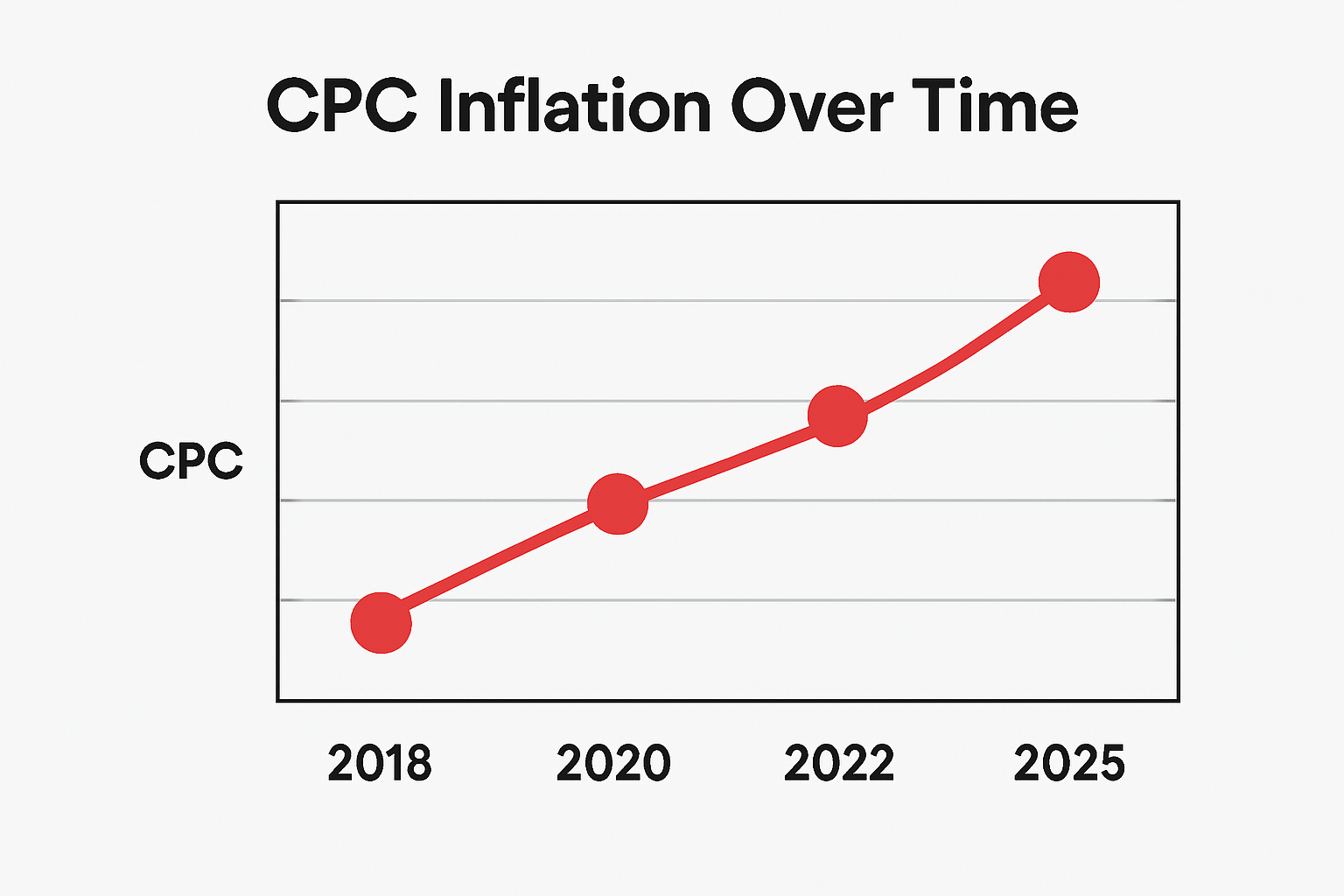
Top Alternatives to Google Ads (Compared)
| Channel | Audience Reach | Targeting Capabilities | Cost Structure | Key Ad Formats/Strategies | Best Use Cases |
|---|---|---|---|---|---|
| Meta (Facebook + Instagram Ads) | Very High (billions on both platforms) | Highly granular: interests, demographics, behaviors, retargeting | Auction-based (CPC/CPM), flexible budgets | Feed, Stories, Messenger, Carousel, Video, Right Column | D2C, B2C, awareness, retargeting, e-commerce, mobile apps |
| Bing Ads (Microsoft Advertising) | Moderate (significant, but less than Google/Meta) | Good: keyword, demographics, LinkedIn profile targeting | Auction (CPC), often lower than Google | Search ads, display, shopping | Supplementing Google campaigns, reaching 35+ demographic |
| Taboola / Outbrain (Native ads) | High, especially across media publishers | Contextual, interest-based, retargeting | CPC, CPM, content-centric | Native placements on publisher sites | Content marketing, awareness, top-funnel, storytelling |
| Reddit / Quora Ads | Medium (strong niche communities) | Interest, topic, subreddits, question/answer-based | Auction (CPC), self-serve | Native feed, promoted posts, sidebar, Q&A units | Niche products, education, B2B, startups |
| Influencer Marketing / Email | Medium (depends on list/influencer) | List or influencer-defined, can be precise | Flat fee, CPM, CPC, hybrid | Sponsored content, newsletters | Brand building, launches, loyalty, niche targeting |
| SEO (long-term) | Very High (organic search, all markets) | Intent-driven (searches), content targeting | Resource/time-intensive (not pay-per-click) | Organic web content, landing pages | Lead gen, e-commerce, B2B, evergreen products |
Is there anything better than Google Ads?
Yes—for specific goals. Microsoft Ads often deliver cheaper search traffic (70% lower CPCs), Meta dominates social audience targeting, LinkedIn excels for B2B, TikTok wins Gen Z, and SEO provides sustainable free traffic long-term. Diversify based on your audience and budget.
What is the rival of Google Ads?
Microsoft Ads is Google’s primary search rival, offering 70% lower CPCs. For social, Meta dominates; Amazon leads purchase-intent ads; TikTok wins Gen Z reach. SEO remains the organic alternative. The ‘best’ rival depends on your audience and campaign goals—no universal replacement.
Which ad is most effective?
The most effective ad depends on objectives, but Google Ads leads for intent-driven conversions, while Meta (Facebook/Instagram) excels at broad B2C reach and remarketing. For B2B or niche audiences, LinkedIn and TikTok can outperform alternatives in their target segments.
How to Get $500 Google Ads Credit (And Similar Offers)
How do I get $500 credit from Google Ads?
To get a $500 Google Ads credit, create a new Google Ads account, enter your billing details, apply an eligible promo code within 14 days of sign-up, and spend $500 on ads within 60 days. Google will then credit $500 back to your account after meeting the spend requirement
Similar offers include:
- $750 credit for spending $1,000 6.
- $1,000 credit for spending $1,500 6.
- Nonprofits may qualify for $10,000/month in credits 7.
Are Google Ads giving money?
To get a $500 Google Ads credit, you must create a new Google Ads account, apply a promo code within 30 days, and spend $500 on ads within your first 60 days; the credit is then automatically applied to your account.
Taboola vs Google Ads – Is It a Better Choice?
Taboola is better than Google Ads for native content promotion, brand awareness, and lower CPC, while Google Ads excels in search intent, broad targeting, and instant lead generation. The best choice depends on your specific campaign goals and audience.
How much does Taboola cost?
Taboola uses cost-per-click (CPC) and cost-per-thousand impressions (CPM) models, with minimum CPCs often starting around $0.10–$0.20. Actual costs vary by targeting, competition, and region, and bigger budgets typically get more exposure.
Is Google Ads better than SEO?
Google Ads delivers immediate traffic and quick results, ideal for time-sensitive campaigns, while SEO offers sustainable, long-term organic growth with better ROI and credibility. Combining both provides the best balance of instant impact and lasting visibility.
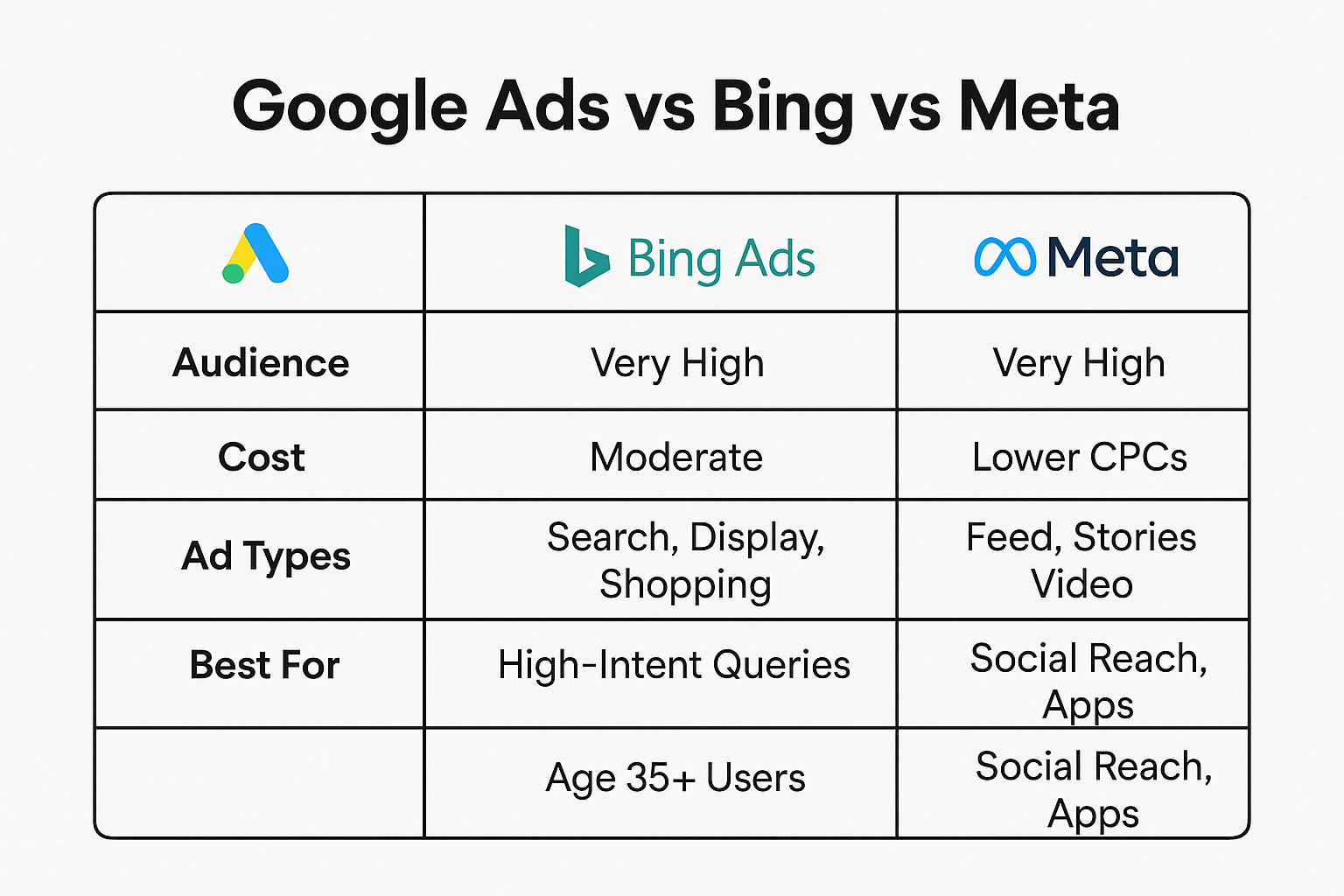
FAQs About Google Ads Alternatives
What is the best platform to run ads?
The best platform to run ads depends on your goals, but Google Ads is generally the top choice for reach, targeting, and ROI. Meta Ads excel in social engagement, while platforms like LinkedIn and TikTok are strong for B2B and younger audiences respectively.
Which is better, SEO or Google Ads?
SEO is better for long-term, sustainable organic growth and cost-effective ROI, while Google Ads delivers immediate traffic and quick results. Combining both strategies maximizes visibility, traffic, and conversions depending on your business goals.
What is the AI agent for Google Ads?
The AI agent for Google Ads, known as the Marketing Advisor, is an AI-powered assistant integrated within Google Ads and Chrome. It helps advertisers manage campaigns by providing personalized recommendations, automating tasks like keyword and creative suggestions, and optimizing performance based on real-time data. Specialized AI agents can audit accounts, analyze landing pages, manage keywords, and improve reporting, operating like expert PPC managers but faster and more efficiently. This AI-driven shift in Google Ads is part of a broader transformation powered by Google’s Gemini AI platform to enhance search marketing in 2025
Quick Answers
Google Ads vs Taboola – Quick Comparison
Google Ads is best for high-intent search traffic, while Taboola excels at native content promotion across news and blog sites.
Key Differences:
- Intent: Google = search-driven; Taboola = content discovery
- Cost: Taboola CPCs start at $0.10–$0.20; Google often > $2.00
- Ad Types: Google = search, shopping, display; Taboola = native ads on content sites
- Best For: Google = direct conversions; Taboola = awareness & traffic
Why Are Google Ads So Expensive in 2025?
Google Ads costs have surged due to:
- Auction overload: High keyword demand = higher CPC
- Lower targeting precision: Cookie loss + iOS privacy = less efficiency
- AI-driven bidding: Smart Bidding favors big budgets
- SERP dominance: More ad slots + AI overviews reduce organic clicks
Result: CPCs rose 40%+ YoY in competitive industries.
What’s the Best Alternative to Google Ads?
Top Google Ads alternatives based on goals:
- For B2B: LinkedIn Ads
- For social reach: Meta Ads (Facebook & Instagram)
- For Gen Z: TikTok Ads
- For eCommerce: Amazon Ads
- For visual brands: Pinterest Ads
- For cheaper CPCs: Microsoft Ads
Choose based on your target audience and campaign objectives.
Is SEO Better Than Google Ads?
SEO vs Google Ads:
- SEO is cost-effective and builds long-term traffic
- Google Ads provides instant visibility and fast results
- Best strategy: Combine both for maximum reach and ROI
Use SEO for evergreen visibility and Google Ads for time-sensitive campaigns.
How to Get $500 Google Ads Credit
To qualify for Google’s $500 ad credit:
- Create a new Google Ads account
- Add billing info
- Apply an eligible promo code within 14 days
- Spend $500 within 60 days
- Receive $500 in credit automatically
Offer may vary by region and eligibility.
You are now equipped with a landscape view of powerful alternatives to Google Ads. Whether you choose to diversify or double down, your success will be grounded in a fundamental understanding of paid search principles—principles that were defined by and are best learned from Google’s ecosystem. ‘Ultimate Guide to Google Ads’ provides that foundational mastery. Think of it as learning the rules of the game from the reigning champion before you decide which field to play on. Build your core competency. Get the guide

